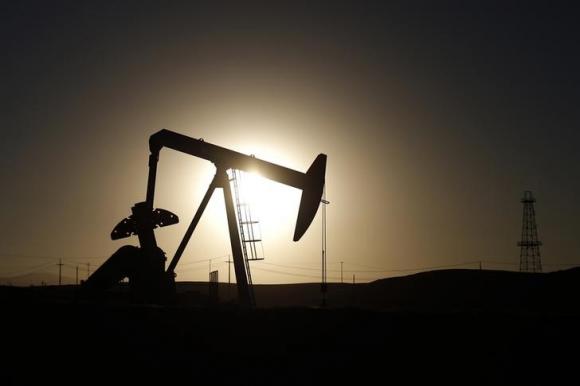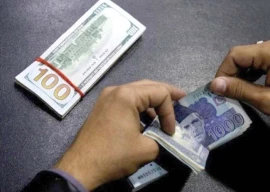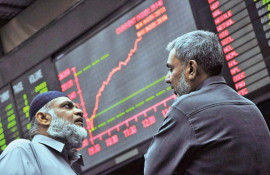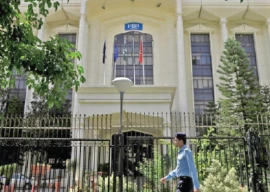
According to the Petroleum Policy 2012, exploration companies are supposed to be granted the 2012 price for oil if they succeed in obtaining 10% additional production from existing fields.
The official committee handling the matter has asked for an audit of the two fields by a third party in order for ENI to enjoy the benefits of the 2012 rate. It said that the assessment of the current production levels of the two fields was necessary before any incentive is disbursed.
On the other hand, the committee rejected the alternative put forth by the ENI, which allowed access to data on its four wells drilled prior to the submission of the request for the incentive.
Meanwhile, the committee advised the Directorate General of Petroleum Concessions (DGPC) to submit a proposal of the adjusted benchmark in the next meeting for further deliberation and a final decision.
“The process will involve substantial cost and therefore the committee may approve in principle the appointment of consultant through bidding process and payment of cost of study by the applicant company,” an official told The Express Tribune.
The committee noted that forensic analysis can be done independently, while the DGPC may do the extrapolation of current production to capture production of two wells drilled prior to submission of request by the joint-venture petroleum.
“Such an extrapolation can be done which based on a test of production of the two wells with predetermined benchmark (extrapolated) standing at 108.69 mmcfd,” the official added.
Published in The Express Tribune, April 6th, 2017.
Like Business on Facebook, follow @TribuneBiz on Twitter to stay informed and join in the conversation.


1731550446-0/Polymarket-(1)1731550446-0-165x106.webp)

1729512368-0/liam-(8)1729512368-0-165x106.webp)












COMMENTS
Comments are moderated and generally will be posted if they are on-topic and not abusive.
For more information, please see our Comments FAQ